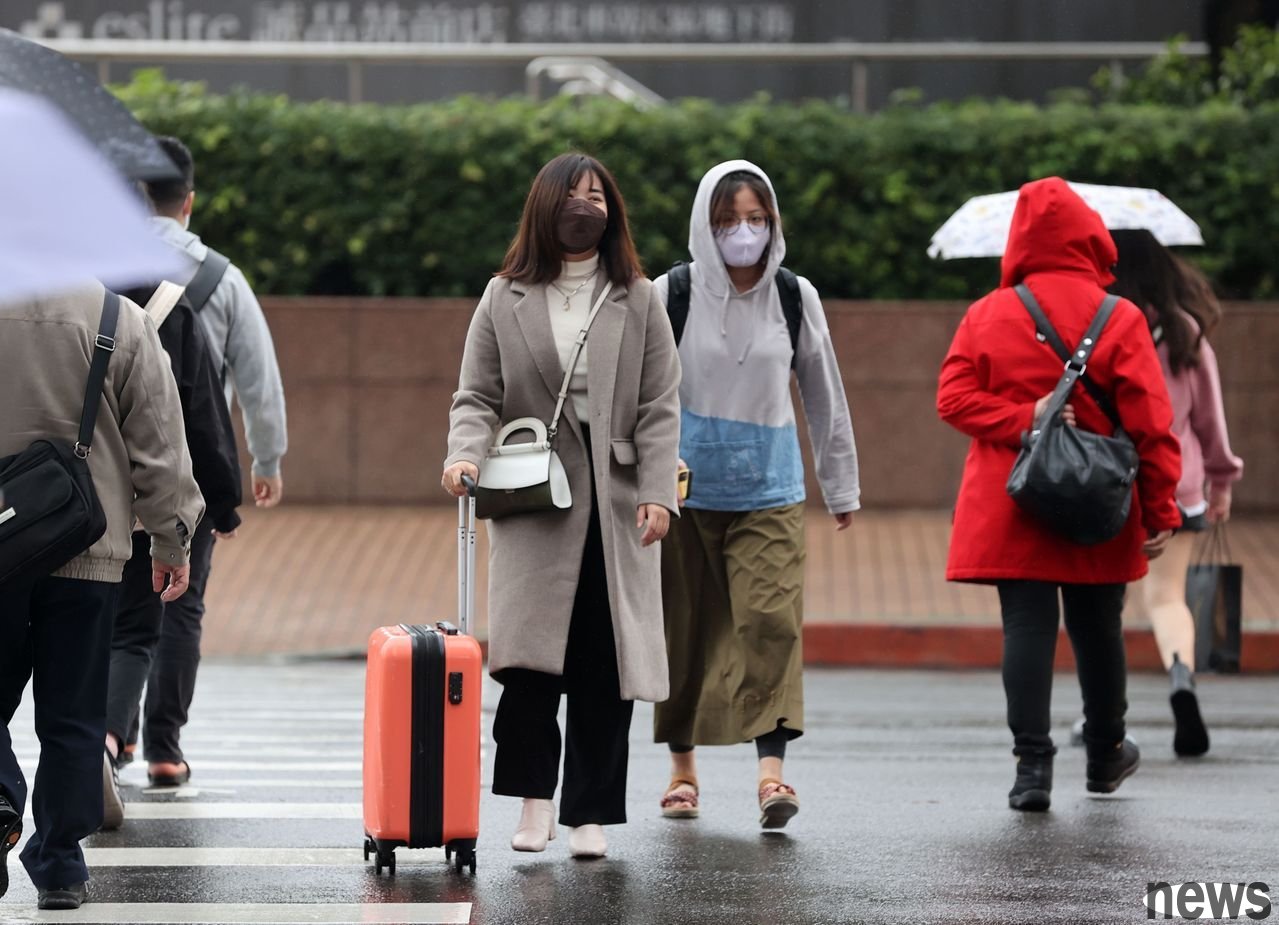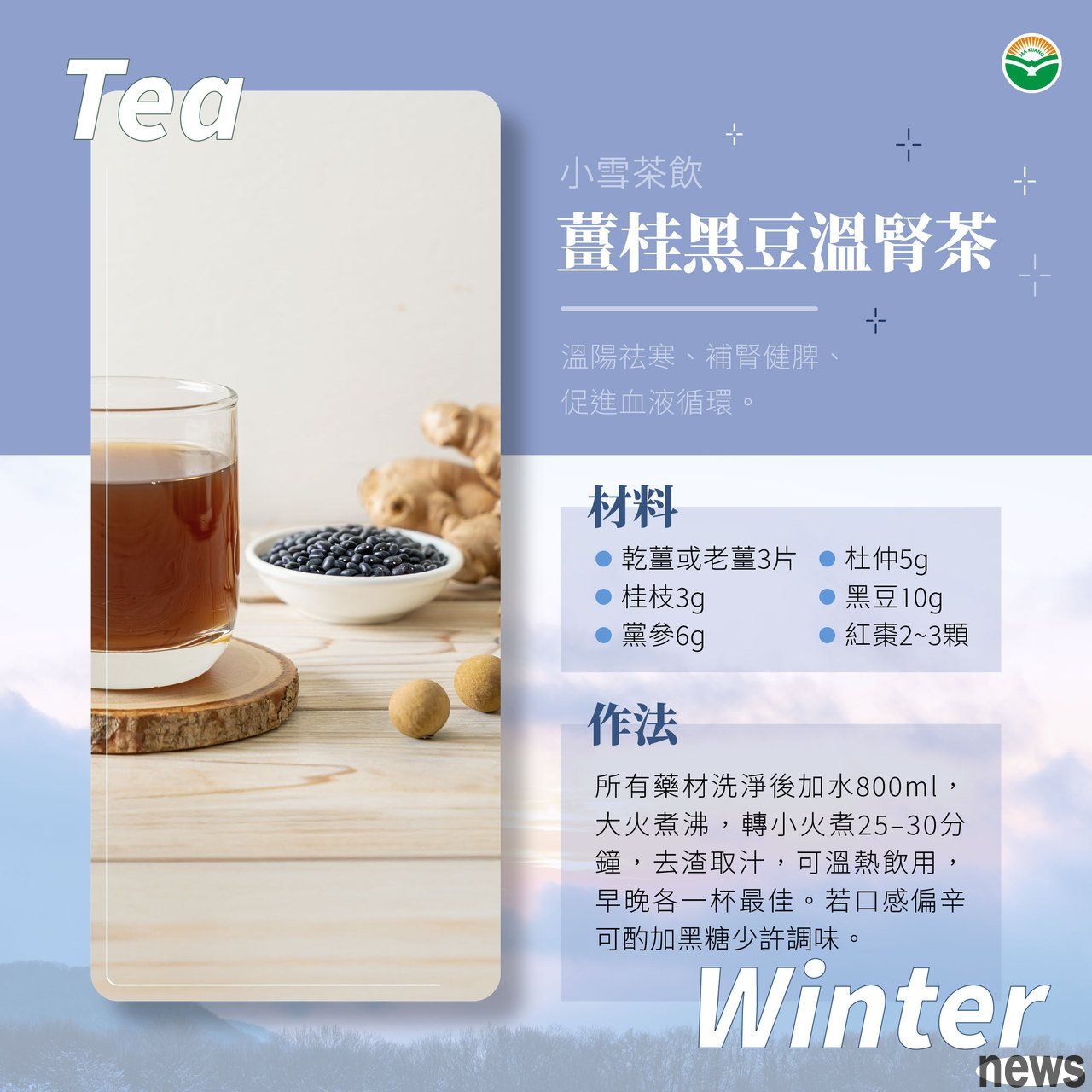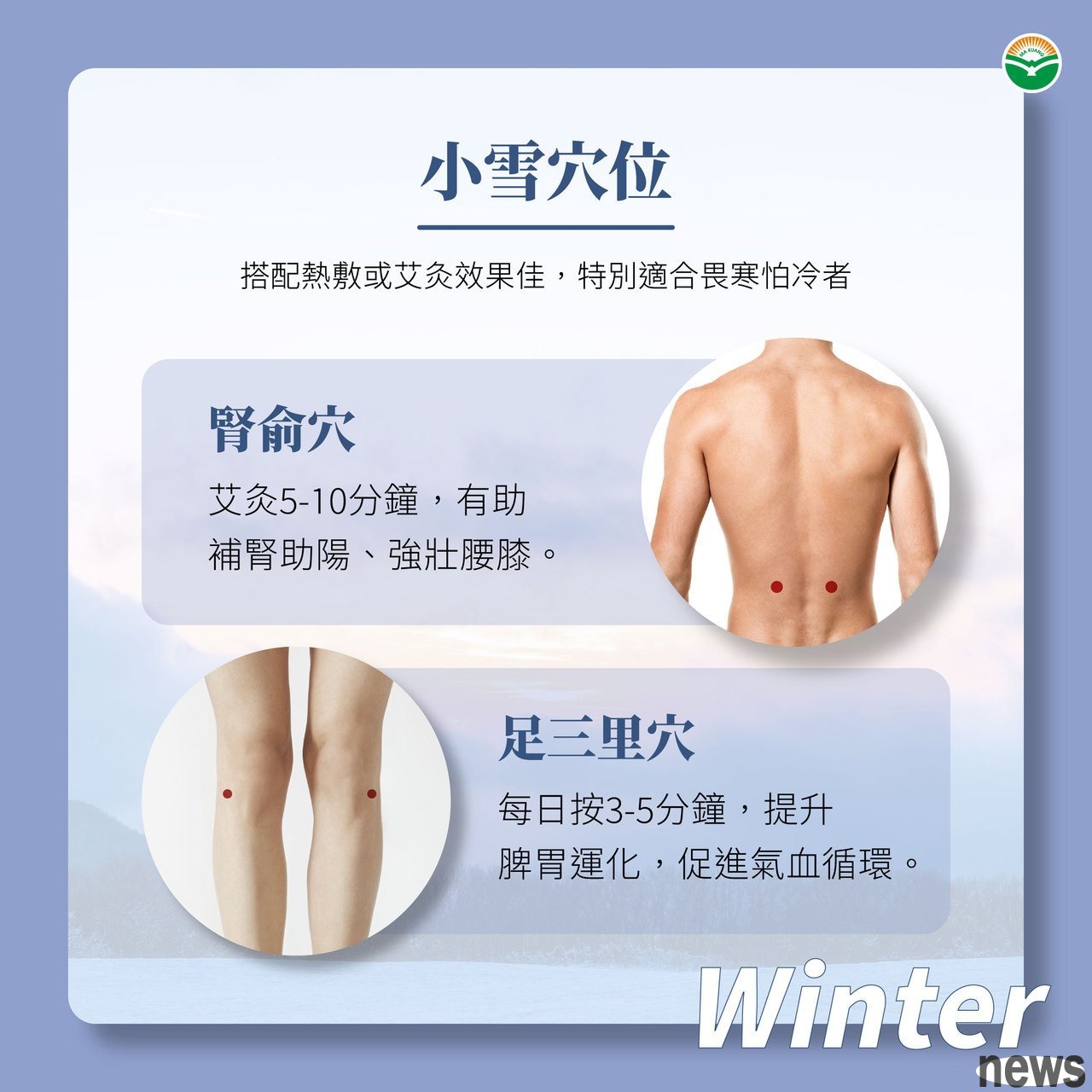When the northeast wind blows in waves and the sun gradually recedes, the 20th solar term of the year, light snow, quietly appears on November 22. Light snow does not mean heavy snowfall, but it means that the weather is turning colder and precipita...

When the northeast wind blows in waves and the sun gradually recedes, the 20th solar term of the year, light snow, quietly appears on November 22. Light snow does not mean heavy snowfall, but it means that the weather is turning colder and precipitation is increasing, but the temperature is not yet truly freezing. This solar term is an important turning point in health preservation in winter. Traditional Chinese medicine emphasizes "nurturing and storing in winter." If not properly maintained at this time, cold evil will often occur and chronic diseases will relapse.
Traditional Chinese medicine believes: "In the third month of winter, this is the period of closed storage." The human body should enter the rest and reserve stage just like nature does. The core of recuperating during light snow should be "tonifying the kidneys and yang, warming the lungs and relieving coughs, activating blood and dispelling cold".
Getting wet and cold after the light snow Three common discomfort conditionsAfter light snow, the weather is wet and cold, and many patients often experience the following conditions:
1. Cold body, intolerance to cold, cold limbs
Yang Qi gradually declines during light snow, and those with yang deficiency are more likely to suffer from cold limbs, pale complexion, and mental fatigue, especially in women. If cold evil blocks the meridians, it will be difficult to warm the extremities of the hands and feet. Clinically, Chinese medicine often uses the method of warming yang and dispersing cold, which means to enhance the energy of the sun in the body and let the sun warm our body. Commonly used classic prescriptions include "Danggui Sini Decoction" and "Guizhi Aconite Decoction", which are effective in improving blood circulation and blocking cold and damp meridians. For those with weak spleen, "Huangqi Jianzhong Decoction" will be used to increase the driving force of Qi and blood.
2. Dry cough, asthma, and nasal allergy
During the light snow season, the cold gradually deepens. For those who are already physically weak, cold drinks often accumulate in the body, lung qi is not clear, and the kidneys cannot absorb qi, resulting in long-lasting cough, asthma, shortness of breath, and even obvious attacks at night. Clinically, the method of warming the lungs and dispersing cold is commonly used to treat shortness of breath caused by cold evil. That is, the excess cold water in the body is heated into water vapor so that it will not stay in the body, so that asthma and nose allergies are less likely to occur. "Xiao Qinglong Decoction" and "Ephedra, Fuzi and Xixin Decoction" are often representative prescriptions for dealing with these problems. For those with long-term asthma, shortness of breath when moving, and weakness in the waist and knees, it is a syndrome of kidney deficiency. Traditional Chinese medicine will use tonifying the kidneys and absorbing qi to strengthen the body's vitality and the ability to store energy. Clinically, "Jingui Shenqi Pills" or "Shenfu Decoction" plus Schisandra chinensis are commonly used treatment methods. If you have excessive phlegm, edema, white and slippery tongue coating, and are suffering from cold drinks, you will add Pinellia ternata, Poria cocos, and Alisma to help relieve dampness and resolve phlegm.
3. Muscle and bone aches
When the temperature drops sharply, cold and damp air easily enters the meridians and joints, blocking the movement of qi and blood. This is common in people with old injuries or rheumatism, especially in middle-aged and elderly people. Traditional Chinese medicine treatments will use methods to dispel wind and cold, unblock meridians and relieve pain. For example, "Duhuo Jisheng Decoction", "Ephedra Jiazhu Decoction", and "Huangqi Wuwu Decoction" are all typical prescriptions commonly used in clinical practice. These prescriptions can strengthen the liver and kidney qi in the body, dispel the cold and damp qi blocked in the joints, and keep the muscles, bones and joints in a spring state, so that the muscles and bones are less likely to be sore.
Clinically, I once treated a middle-aged woman who had been suffering from recurring coughs in winter for many years. Every winter, when I wake up in the morning, I will have a violent dry cough, which may even cause pain in my back. I am also prone to cold hands and feet and fatigue. My pulse is generally heavy, except for the right cun, which is thin and thin. The syndrome was diagnosed as "deficiency of lung Qing and deficiency of kidney yang". I took "Guifu Dihuang Pills" combined with "Maimendong Decoction". After two weeks, the symptoms were significantly relieved. After about two months of nursing, I stopped coughing frequently.
Xiaoxue drinks "Ginger Gui Black Bean Kidney Warming Tea" to nourish the kidneys, strengthen the spleen and promote blood circulation

Efficacy: Warming yang and dispelling cold, tonifying kidney and spleen, promoting blood circulation
Physique and seasonal recommendations:
Suitable for those with cold hands and feet, sore waist and heavy back, tired in winter and afraid of cold.
It is especially suitable for women after menstruation and those with severe physical weakness and coldness.
If you have dry mouth, bitter mouth, constipation or sore throat, you should stop taking it.
Ingredients:
5g of dried ginger (or 3 pieces of old ginger): warms the middle and dispels cold, helps yang and unblocks the meridians, and strengthens blood circulation
3g of cinnamon twig: warms the meridians, helps to transform yang and qi, and coordinates nutrition and health
Codonopsis pilosula 6g: tonifies the middle and replenishes qi, strengthens the external body, and enhances resistance
Eucommia ulmoides 5g: tonify the liver and kidneys, strengthen muscles and bones, support pregnancy and nourish the waist
10g black beans: tonify the kidneys and essence, promote blood circulation and remove rheumatism
2~3 red dates: nourish the body and blood, and reconcile various medicines
Method:
Wash all the medicinal materials and put them into a pot, and add about 800ml of water.
Bring to a boil over high heat, then turn to low heat and simmer for 25–30 minutes.
Remove the residue and get the juice, which can be drunk warm. One cup in the morning and one in the evening is best.
If the taste is a little spicy, you can add a little brown sugar to taste.
Explanation:
This tea drink is a balanced design that "warms yang but not dryness, nourishes the kidneys but not greasy".
Taking the dual warmth of ginger and cinnamon as the main axis, it encourages Yang Qi and warms the meridians.
Eucommia ulmoides and black beans are incorporated into the kidney meridian, which helps strengthen the waist and knees and consolidate essence and qi.
Dang and red dates take into account the spleen and stomach, so that the warming and tonic power can be absorbed and avoid getting angry.
Press "Shenshu points" and "Zusanli" more often to drive away cold and nourish vitality

The following two acupoints work well together with hot compress or moxibustion, especially suitable for those who are afraid of cold:
Shenshu point (1.5 inches below the spinous process of the second lumbar vertebra in the waist): Moxibustion for 5 to 10 minutes can help nourish the kidneys, yang, and strengthen the waist and knees.
Zusanli point (four fingers below the knee, in the depression on the outside of the tibia): Massage for 3 to 5 minutes every day to improve the movement and transformation of the spleen and stomach and promote the circulation of qi and blood.
If combined with daily warm foot bath (adding ginger slices or mugwort leaves), it can promote blood circulation in the lower limbs and reduce the accumulation of cold air..
It is advisable to maintain health in light snow, exercise slowly, and avoid excessive supplements.Work and rest adjustment: To adapt to winter storage, it is recommended to "go to bed early and get up late, avoid wind and cold" to avoid getting up early and being blown by cold wind.
Dietary restraint: Although it is the tonic season, avoid eating raw, cold and excessively greasy foods to avoid damaging the spleen and stomach.
Exercise should be slow: Tai Chi, Baduanjin, slow and brisk walking are all acceptable. It is emphasized that "movement should be quiet, warm but not sweaty".
When it snows, don’t ignore the “body signals under the cold air mass”. If you find that you become tired easily, have sore joints, and cough frequently, it means that your body is already reminding you that you "need to take care of yourself." Traditional Chinese medicine’s health care emphasizes following the seasons and starting from the details of life, so that we can truly “prevent disease before it’s too late” and stay warm during the winter. Light snow is the starting point of warming and nourishing, and it is also an opportunity to store energy and recuperate. Don’t wait until the cold hits your bones to take care of yourself, start now!